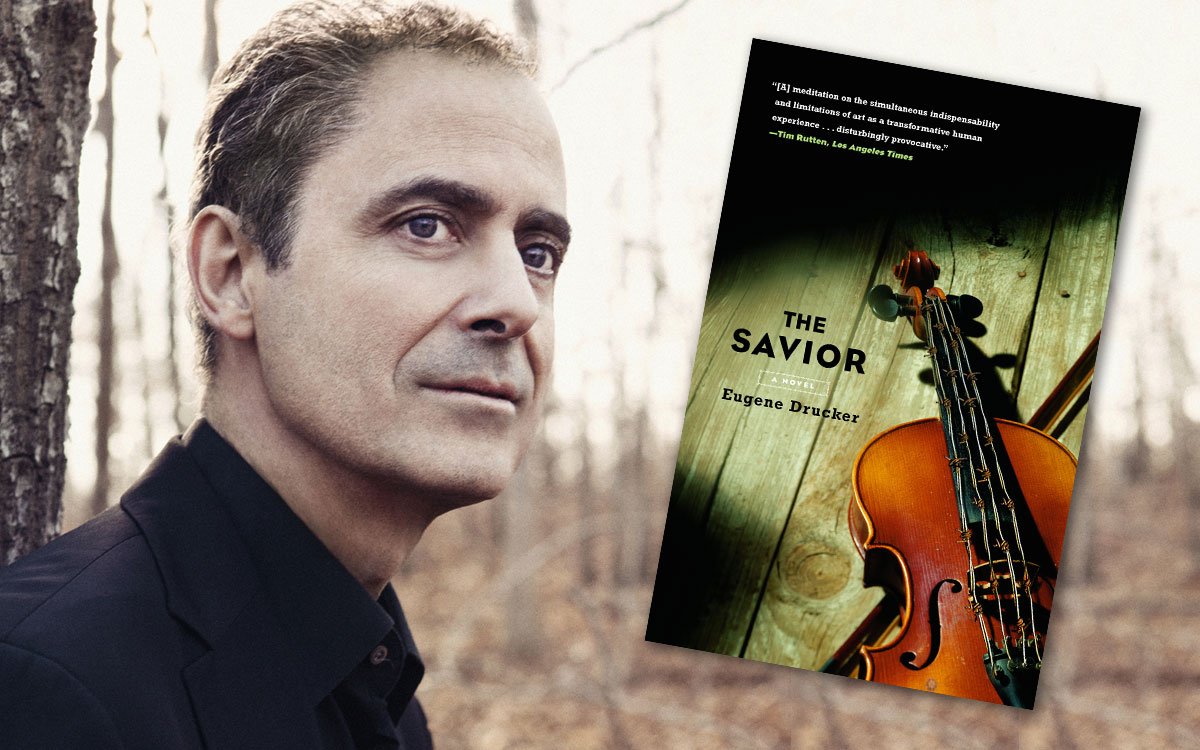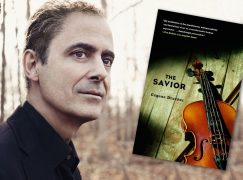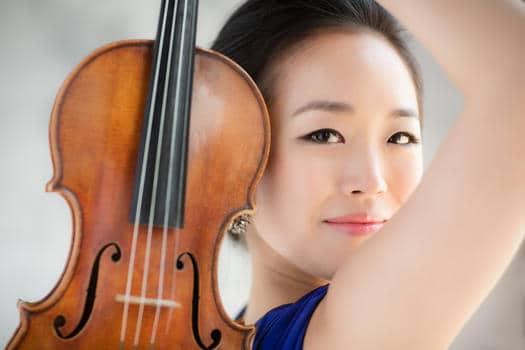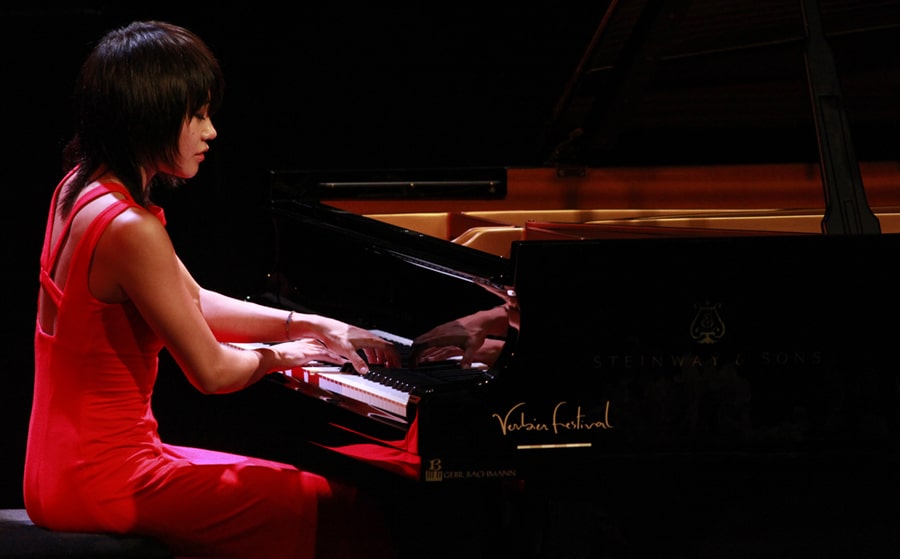Book Club: Every human being has a capacity for anger and violence
main
Eugene Drucker, violinist of the Emerson Quartet, has answered this week’s questions below. We will have one more opportunity to explore The Savior, and if you would like to read ahead, the next selection will be “Gödel Escher Bach” lead by composer Daron Hagen, one month from now. See you in a Fortnight.
Question:
You say your father wrote to the Nazi paper, but the book doesn’t mention Ernst doing that — why?
Answer:
On page 41, Ernst tells Gottfried, “I’m going to write a letter to the editors, pointing out that Brahms dedicated his immortal German concerto to the Jew, Joseph Joachim, who helped him write the violin part.” A large part of the conversation between them from this point on involves Gottfried’s fear of the possible consequences, and his attempt to persuade Ernst not to write the letter. It’s true that I (as author) don’t confirm that Ernst really went ahead and wrote the letter. Actually it was not quite as dangerous in July 1933 to write such a letter as I made it seem, for the purposes of dramatization of the contrast and conflict between the two young men. My father never led me to believe that his writing the letter was an act of extraordinary courage, but it was undoubtedly an act of defiance.
Question:
What conclusion should we draw from the ant experience? (As a boy, Keller kills a handful of ants, and asks his parents why they didn’t hide from him)
Answer:
I believe that every human being has an innate capacity for anger and violence, as well as for good. Upbringing and culture, both within one’s family and in the society at large, contribute to the outcome of the struggle between these conflicting tendencies. Children often behave cruelly toward animals before they learn to empathize with the suffering of other creatures — before they can identify with the subjective experiences of animals and even of other human beings, rather than regarding them simply as objects. The unbidden memory of Keller’s childhood massacre of the ants is the first (largely unconscious) intimation of a link between him and the purpose of this camp.
Question:
In the Author’s Note at the end you say some of the bizarre moments in Keller’s performances for he inmates were based on your experiences playing in hospitals, psych wards, etc. Can you tell me more about your own experiences and whether your music made a positive change in the people you played for?
Answer:
In an alcoholics’ ward I was asked repeatedly to play The Flight of the Bumblebee, which was one of the few violin pieces that the patients were familiar with. When I replied that I couldn’t play anything I hadn’t prepared, this seemed to frustrate my listeners, one of whom turned her back to me and stared at the wall during my whole performance of music by Paganini, Ysaÿe and Bach. In a psychiatric ward, a young woman had fashioned a homemade mask out of some cloth. I was told by an attendant that this seemed to make her feel more secure in her interactions with other patients and staff. In a drug rehabilitation center for young women, I sensed that even without any background in classical music, my listeners were somehow open to the gestures, colors and emotions of the music. I can’t say whether my performances had lasting positive impact, as I didn’t follow up with subsequent visits to any of the six or seven facilities where I played.
Question:
Do you think Bach could have “done better” in depicting Judas’s despair, rather than writing a cheerful tune in G Major? (Pg 95-96)
Answer:
No, I don’t believe that Bach “could have done better.” But having played St. Matthew Passion three times in my mid-20s, and having performed the violin solo in that same aria each time, I often asked myself why Bach chose to represent the episode of Judas and his attempt to return the silver pieces in this particular way. The best answer I could come up with (as a non-musicologist) was what I offered on page 96: “ … he wants us to identify with Peter, but not with Judas. The aria isn’t sung from his point of view: we see him from the outside, so all we hear is the clink of coins.”
Question: Have you had deep musical experiences off the concert stage? (Page 117)
Answer:
As a listener, I have sometimes been very moved by all sorts of music, both in concerts and when listening to recordings in my own home: Lieder, opera, symphonic works and chamber music. The performances would have had to be great, and I would have had to be in a receptive mood. The criteria that allow for a peak experience don’t always line up perfectly, but one tries as both performer and listener to achieve this heightened state from time to time. Sometimes in my car, during a long solitary drive, I’ve also felt the type of exaltation I’m describing (though never in heavy traffic!). Tears have come to my eyes — fortunately not to the extent where they dangerously blurred my vision — and chills have run up and down my spine. Beethoven, Brahms and Mahler symphonies particularly have had this sort of effect on me while I’m driving. And at those times I’ve felt profoundly grateful that such music exists, and that I’ve been privileged to learn about it and to be able to respond to it like that.
Thank you for joining us, and see you in a Fortnight.






Comments